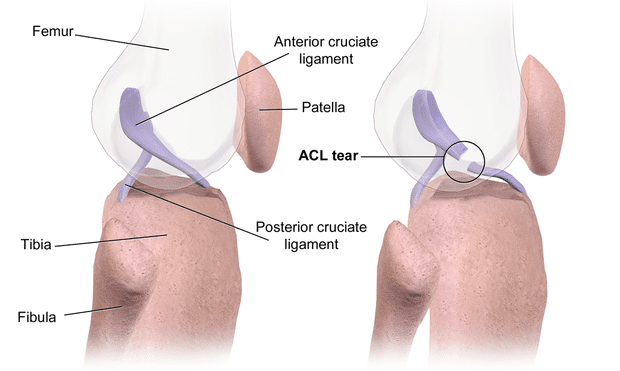Author Interviews, Brigham & Women's - Harvard, COVID -19 Coronavirus, JAMA, Social Issues / 23.12.2020
COVID-19 in the Homeless: How To Reduce Infections, Hospitalizations and Health Care Costs
MedicalResearch.com Interview with:
Kenneth Freedberg, MD
Director, Medical Practice Evaluation Center
Massachusetts General Hospital
Professor of Medicine at Harvard Medical School
Study senior author
Jessie Gaeta, MD
Chief Medical Officer
Boston Health Care for the Homeless Program
Assistant Professor of Medicine
Boston University School of Medicine
Travis P. Baggett, MD, MPH
Faculty clinician-investigator
MGH Division of General Internal Medicine
Assistant Professor of Medicine
Harvard Medical School
MedicalResearch.com: What are the main findings?
Dr. Baggett: We found that two strategies are crucial for addressing COVID-19 among people staying in homeless shelters:
1) Proactively identifying and testing people with symptoms, and
2) Providing a dedicated, medically supervised, non-hospital space for isolation and management of people with mild to moderate COVID.
Together these two strategies would reduce infections, hospitalizations, and health care costs compared to not doing them. During a pandemic surge, like we are seeing now, it makes sense to add periodic universal testing of all shelter residents, even those without symptoms. (more…)






























